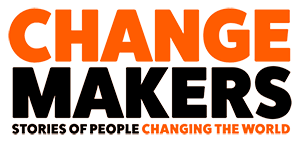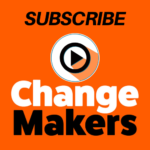We need a Real Deal from the Australian Budget
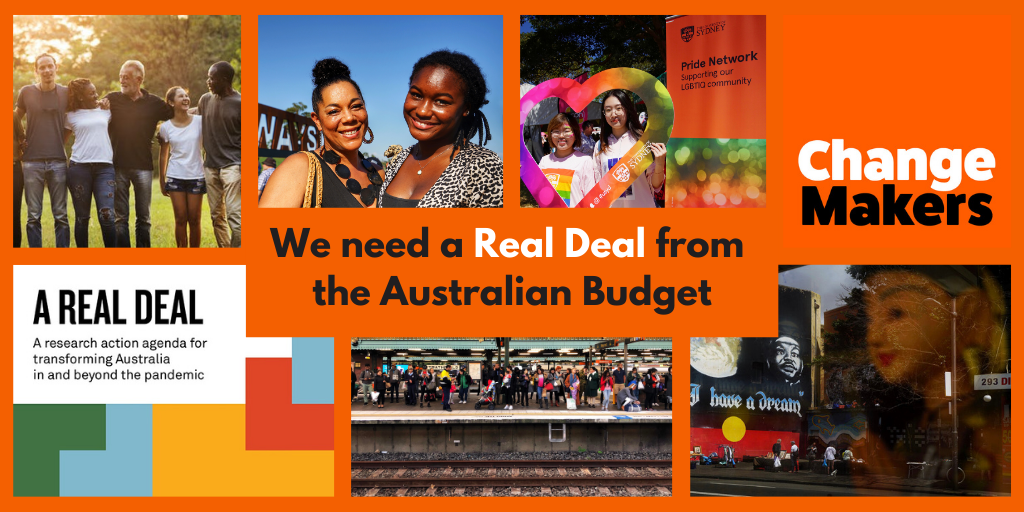
It’s budget day. While traditionally a nerd’s holiday – this budget matters. Globally nations are slipping into depression. In Australia unemployment is as high as it’s been since the Great Depression. This year’s budget is a reckoning.
In my work outside of ChangeMakers, I’ve been part of an extraordinary coalition of organisations asking this exact question.
In May 2019 in the weeks after the last Federal Election a group of organisations led by the University of Sydney’s Policy Lab (where I work) wanted to explore how we could have economic transition around climate change without tearing the country apart.
We held workshops, built some trust and built an intentionally diverse network of groups – climate and community groups, unions and business groups. By late February 2020 we were set – plans in place for a series of workshops around scenario planning. It was going to be amazing.
Then COVID happened – we moved online and planned again. This time the goal was to write a framework for the kind of budget that people and the environment needed. Bringing together organisations with a collective membership of over 3 million people with some of Australia’s best researchers, we slowly built a report.
We released the Real Deal report last week in time for this week’s budget. The report serves as a useful litmus test to assess whether the Government is living up to what we all need in this moment.
I know you all want to read the extensive report. But in case you are keen on a crib – here are some highlights.
Our approach argues that we need to get beyond old assumptions. Free market values and measuring budgets based on surpluses is out, but so is big bureaucratic welfare states that assume the state gets it right without any help.
We need to change the relationship between the market and the state by valuing the role and practices of civil society. Using this, the Real Deal report identifies five benchmarks for how we build out of the crises we face (and the report includes a bunch of case studies of where this is already happening).
1. Strong investment is important, but not enough
We need the state to stimulate the economy to draw us out of this crisis, but we also need the state to reshape how we run most of our public and private institutions. Think aged care, more money is needed – but a totally different way of caring for the elderly and the people who care for them is vital if the money is going to amount to real change.
2. Policy needs to solve the pre-existing inequalities that existed before COVID
We can’t simply return to what we had before coronavirus. COVID showed us the uneven burden carried by women, the young and migrants. First Nations communities have had landmarks destroyed and are now threatened with gas production on their land. Universalised policies – like lockdowns – showed little consideration for people who are different – such as people with mental illness or autism. We can do better than this, and future policies need to ‘walk and chew gum’ by restoring the economy and resolving inequality at the same time.
3. Big plans for the big crises
Climate change. It hasn’t gone away, and as we rebuild the economy we need a transition. We have been inspired by the Green New Deal conversations from the US, UK and Canada and want to create an even stronger plan here where affected communities including regional fossil fuel communities have their interests at the centre of the plans we create.
4. Participation in policy makes for good policy
Good policy centres on the needs of people affected by decisions – it isn’t invented by distant experts. We need more creative approaches that enable organisations and individuals to participate and shape how the state works.
5. Collaboration
No one can do any of this work alone, so we need to work out how to work together. This means making real deals not fake deals where communities are backed into a corner. There is a bunch of grassroots experience on how to do this – the report outlines a series of strategies.
So, the budget will outline a plan. You can bank on the Treasurer overusing the phrase ‘jobs’. But the test is whether he will deliver a budget that responds to these five benchmarks. Because only then will we be assured of a plan that will get us to the place we need to be.
Amanda Tattersall
Host, ChangeMakers
Lead author, Real Deal report
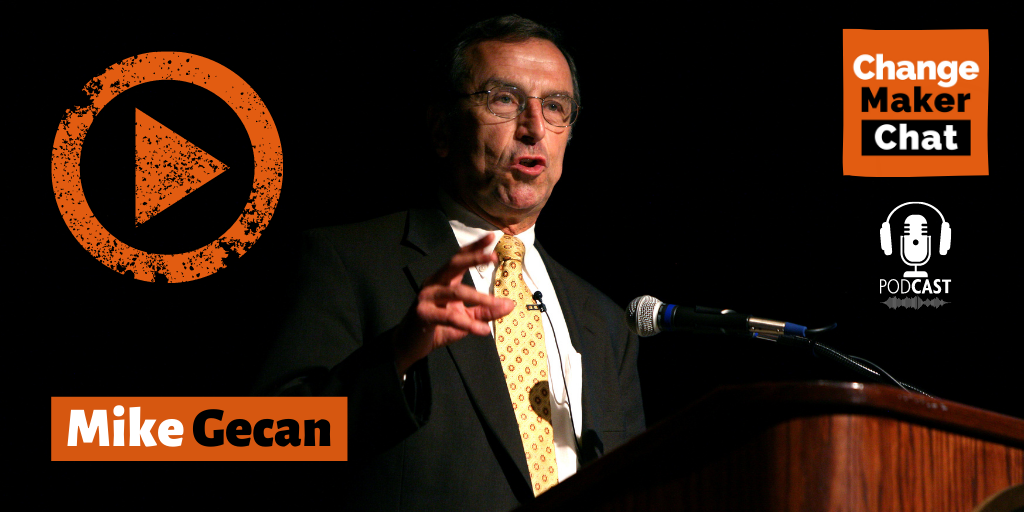
| Mike Gecan is a 45 year veteran organiser based in the United States. He is the former National Co-Director of the first, largest and oldest community organising network in the world – the Industrial Areas Foundation. He talks to us about what organising is, and what it is not. He shares stories about how he learnt about power, and explores some of the differences between social change traditions like mobilising and organising. He also gives us a fresh take on the upcoming Trump v Biden 2020 US Presidential Election.Listen by clicking play above, or listen via an app on Spotify, Apple, PodcastOne or Stitcher – or on most other podcast apps by searching “ChangeMakers.” Or use our RSS feed. |
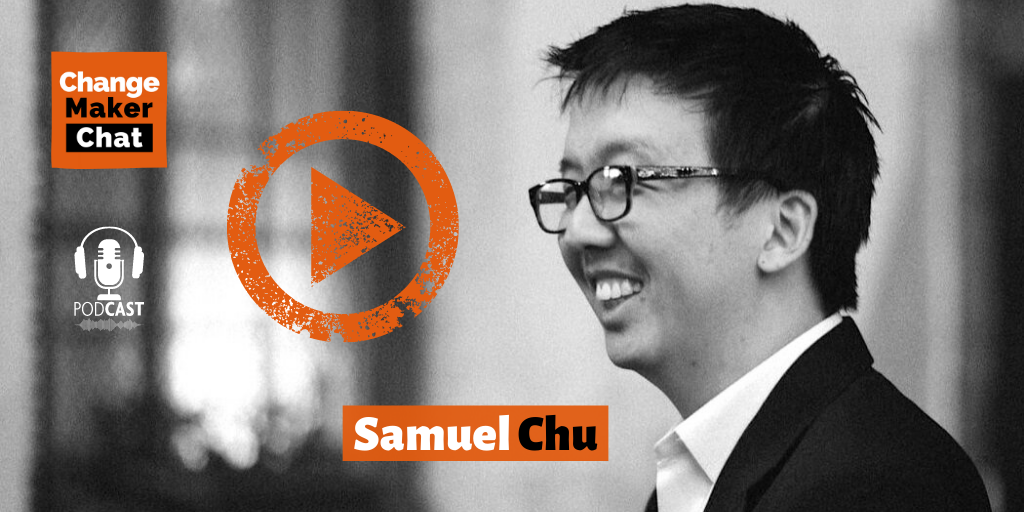
| Samuel Chu is a long time community organiser and the founder of the Hong Kong Democracy Council in the United States. In this Chat we explore how he has connected his identities as an organiser and a Hong Konger to create a radically different form of international solidarity in the US. His approach translated the energy of protest into politics, securing bipartisan support for multiple pieces of legislation in support of Hong Kong. We also consider how his work provides lessons for how we might push back against rising authoritarianism in other places across the world. Listen by clicking play above, or listen via an app on Spotify, Apple, PodcastOne or Stitcher – or on most other podcast apps by searching “ChangeMakers.” Or use our RSS feed. |
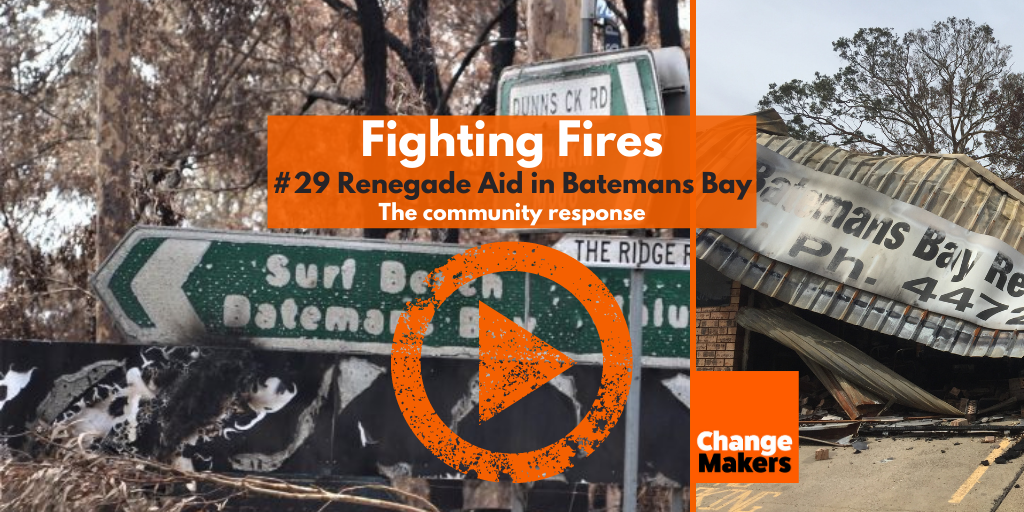
| In all of Australia, Batemans Bay and the South Coast was one of the worst affected. With devastation everywhere, formal government services and charities weren’t able to cope. This is the story of the little known community initiative that saw the breach and stepped in to fill the gap.Listen by clicking play above, or listen via an app on Apple, PodcastOne, Spotify or Stitcher – or on most other podcast apps by searching “ChangeMakers.” Or use our RSS feed. |
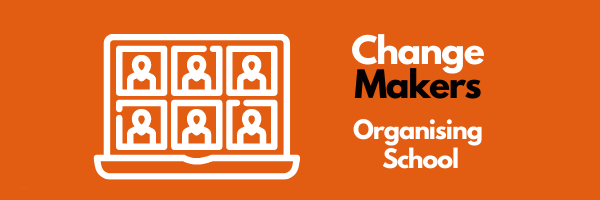
Building power to change the world is a dynamic process. Which is why we run training in the art of change making! In these pandemic times – we have taken these ideas online with a group of Australian organisers, and are producing a new free series of training.
Please note – this season of training runs weekly until December 3. You only need to register once and we’ll send weekly updates with info about upcoming sessions. Don’t worry if you missed the first few weeks – each session is self contained and you’re very welcome to join any time!
Powerful relationships across distance and difference aren’t easy. Throw an unprecedented crisis in the mix, and they can feel impossible. But the kind of dramatic social change required to overcome our fears begins with trust. And trust begins when we know each other.
Every Thursday evening we will run a 1 1/2 hour training online on Zoom – at 6pm AEDT. We’re community organisers, and while we love all kinds of change making, our focus is on building relationships and people power. We value leadership development and, through the training, we seek to explore and understand concepts like power, action, organisations, narrative, relationships and action as the bedrock for building a democratic public life.
We aim to run a diverse training space that is inclusive, participant focused. Every session includes 2 break out windows for participants to reflect on and apply the content, and to connect with changemakers from across different social movements.
Register now!
P.S. Each week we’ll send email updates about the content, resources, and any recommended pre-reading. Please make sure your Eventbrite emails aren’t going to junk
Join our weekly email list to hear our latest musings, podcasts and training. Click on this button to subscribe:
